|
George Washington Carver is a historical figure you may have heard of. Perhaps you grew up learning in elementary school that he invented peanut butter (he didn't), or perhaps you know his work in popularizing sweet potatoes. You might know he was born into slavery, and through his pioneering efforts at plant science, helped found the agricultural college at the Tuskegee Institute in Alabama.
But the bulk of his accomplishments have been glossed over in popular culture, until now. Grist recently published an excellent overview of the real contributions Carver made, and why they have largely been ignored. George Washington Carver died on January 5, 1943. Just a few months before his death, he published Nature's Garden for Victory and Peace, his contribution to the victory garden conversation during the Second World War.
Many people wrongly attribute Carver's booklet as a guide to victory gardens. In fact, it is a guide to foraging, and in line with Carver's ideas about food sovereignty that were decades ahead of their time.
Carver knew that access to land meant access to food, and even if Black families were denied access to land to grow gardens, they could forage in the wild public spaces or unclaimed verges of roads, edges of fields, etc. Still coming out of the Great Depression in 1941, people were eager to supplement often meager food supplies however they could. Free food was worth the labor to collect and process it. Nature's Garden lays out not only the common and botanical names of many wild-growing and native greens and herbs, some with accompanying line drawings, but also advice for harvesting and processing, recipe suggestions, and advice on drying garden produce for long-term storage - cheaper and easier than canning, which required expensive equipment and jars. Carver also includes references to Indigenous food uses, such as the use of sumac in making "lemonade," and directions for how to make "Lye Hominy," using the nixtamalizing process invented by Indigenous peoples in Mexico to hull corn and make the naturally-occurring niacin in the corn absorbable by the human body. The booklet was given away free - one copy per person. Additional copies could be acquired at the cost of printing. A Simple, Plain, and Appetizing Salad
One of the few recipes Carver actually outlines in Nature's Garden is also one of the first - a recipe for dandelion salad.
It reads: "A simple, plain and appetizing salad made be made thus: 1 pint of finely shredded young dandelion leaves 1 medium sized onion, finely chopped 2 small radishes, finely chopped 1 tablespoon of minced parsley 1 tablespoon of sugar (can be left out) Salt and pepper to taste "Moisten thoroughly with weak vinegar or mayonnaise, mix, place in salad dish and garnish with slices of hard boiled egg and pickled beets. This is only one of the many delicious and appetizing salads that will readily suggest themselves to the resourceful housewife." A modern incarnation might be made with arugula, instead of dandelion leaves, if you are unable to forage your own safely.
Today, other foragers are trying to reclaim foraging for BIPOC communities. Alexis Nikole Nelson, also known as Black Forager, is one of those people. Like Carver, she reminds everyone that foraging has been the purview of BIPOC communities for as long or longer than the white male foragers who often get all the attention these days.
I love Alexis' near-daily posts and how she cooks the food she forages - the most important information and often left out of the foraging equation. She's been profiled by TheKitchn, and Civil Eats, but you can learn the most by just following her on Instagram, YouTube, TikTok, or Facebook. You can also support her work by becoming a patron on Patreon! Further Reading
To learn more about George Washington Carver, check out these excellent resources.
The Food Historian blog is supported by patrons on Patreon! Patrons help keep blog posts like this one free and available to the public. Join us for awesome members-only content like free digitized cookbooks from my personal collection, e-newsletter, and even snail mail from time to time!
2 Comments
3/18/2024 01:13:19 pm
FYI - there is another printed resource (a book) about edible wild plants whose publication was in part spurred by the Second World War. It is called Edible Wild Plants of Eastern North America, and was co-authored by esteemed botanist and Harvard Professor emeritus Merritt Lyndon Fernald and Alfred Charles Kinsey (better known for his Kinsey Report on Male Sexuality). Here is a link to more info on this book (i.e., the first edition, published in 1943): https://www.abebooks.com/first-edition/Edible-Wild-Plants-Eastern-North-America/30990244240/bd . It has since been reprinted several times.
Reply
Your comment will be posted after it is approved.
Leave a Reply. |
AuthorSarah Wassberg Johnson has an MA in Public History from the University at Albany and studies early 20th century food history. Archives
July 2024
Categories
All
|
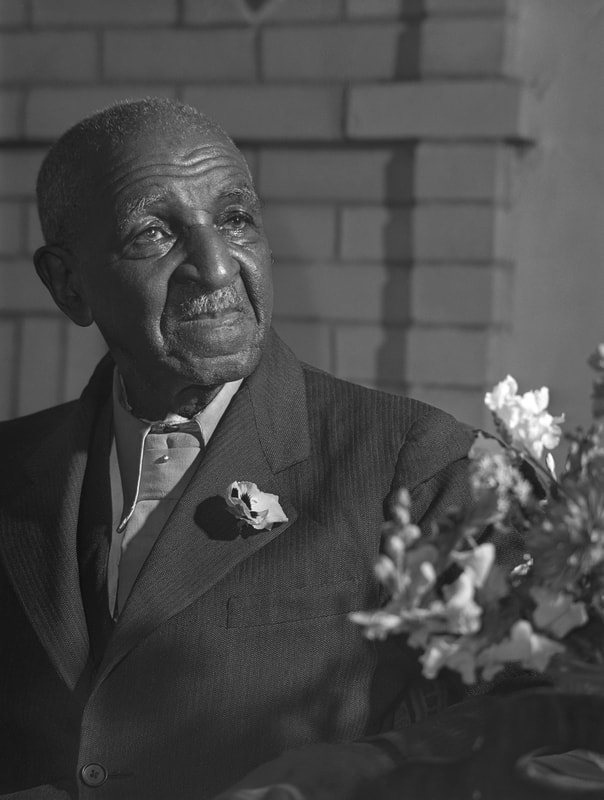
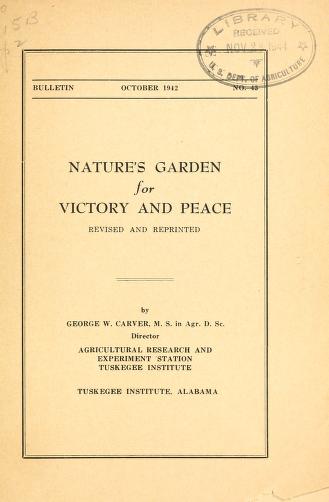
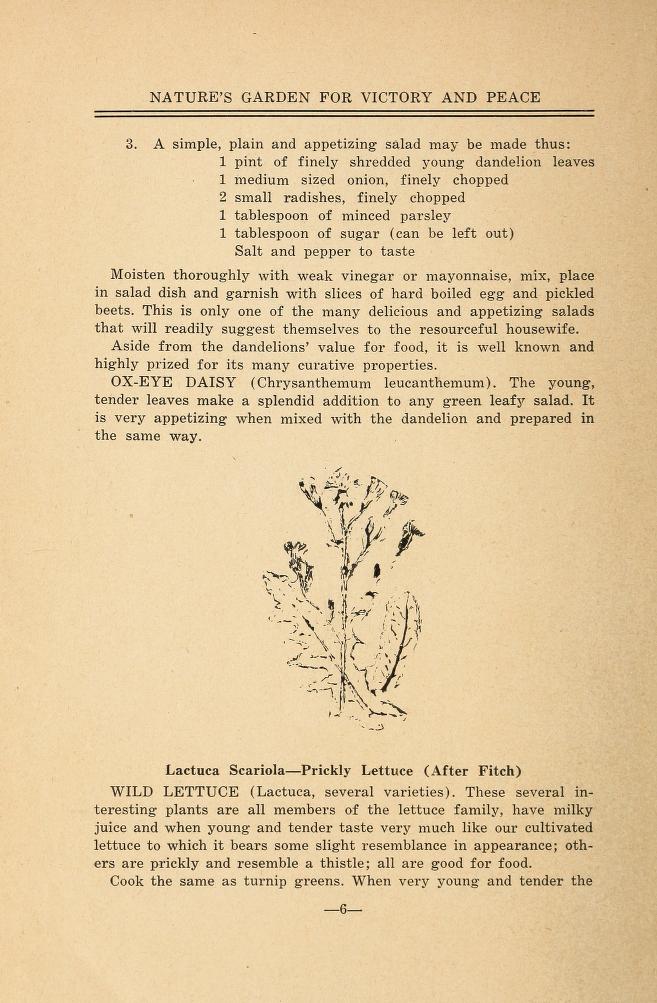
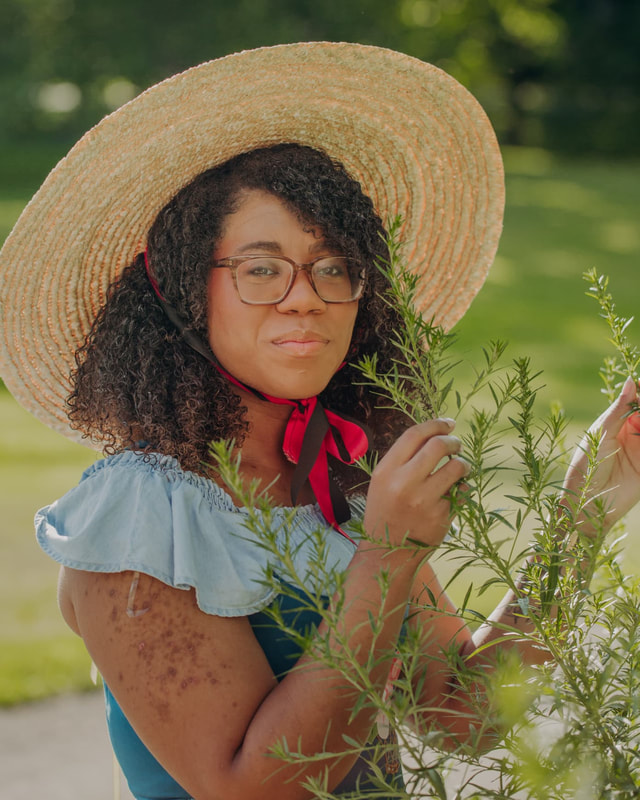
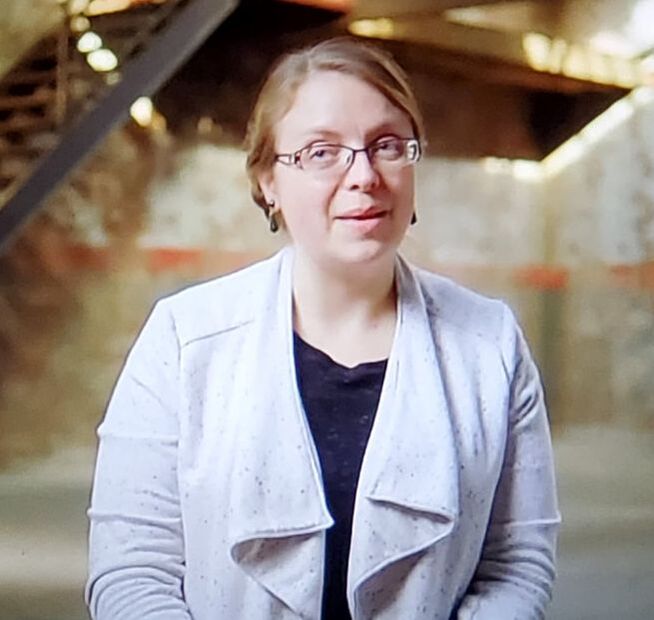
 RSS Feed
RSS Feed